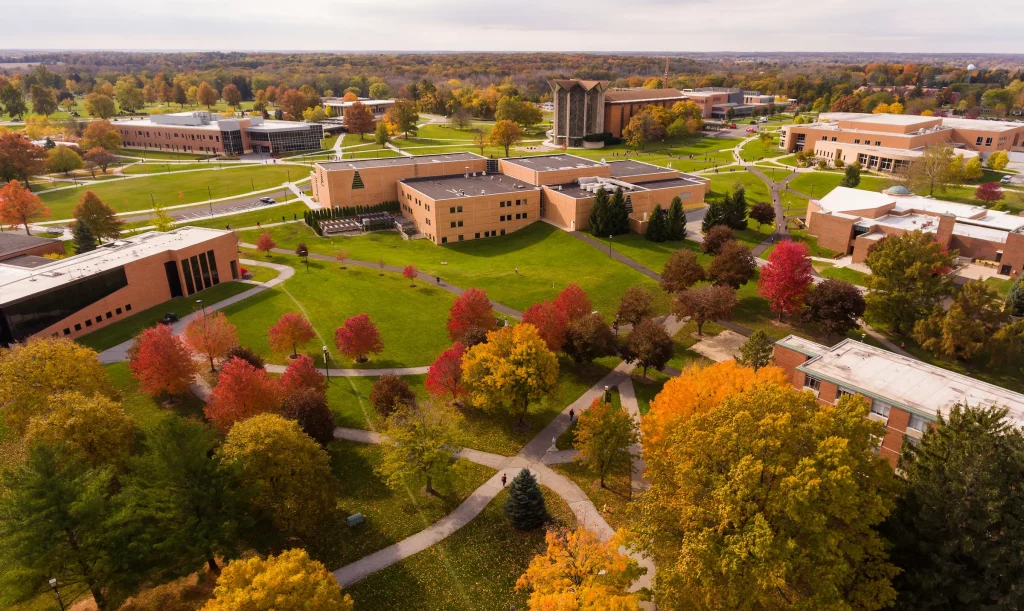Valparaiso University Receives Five Grants to Promote NASA-Related Research
Valparaiso University has been awarded more than $100,000 from the Indiana Space Grant Consortium (INSGC), a subsidiary of NASA, to fund five research projects.
“The Indiana Space Grants offer Valpo a tremendous opportunity to engage in meaningful, interdisciplinary research,” said Eric W. Johnson ’87, Ph.D., provost and executive vice president for academic affairs. “We are proud to continue this tradition of engaging our undergraduate students in experiential learning related to science, technology, engineering and mathematics.
The projects will support 14 Valparaiso University undergraduate student researchers during the summer of 2021. Through a local partnership, at least two students from Ivy Tech Community College will also gain valuable research experience through the Valpo-based projects.
Funded projects include:
- The identification and development of novel compounds for combatting superbugs on the International Space Station;
- The production of oxygen and fuel using space rocks and concentrated solar energy;
- The study the impact of environmental changes consistent with space flight on two fungal organisms;
- Half of a membership in the Southeastern Association for Research in Astronomy (SARA), which allows access to international observatories; and
- The training of undergraduate students in observational research in astronomy.
INSGC is part of the National Space Grant College and Fellowship Program, a unique national program inspired by the mission and work of NASA. The National Space Grant program enhances the United States’ capabilities to carry out education, research and public outreach activities in science, technology, engineering and mathematics (STEM) and additional fields related to space, aeronautics, life science, physical science and earth system science.
Valparaiso University joined the Space Grant Consortium in 1996, and in the past 13 years Valpo has received more than $800,000 to fund student-faculty research.
